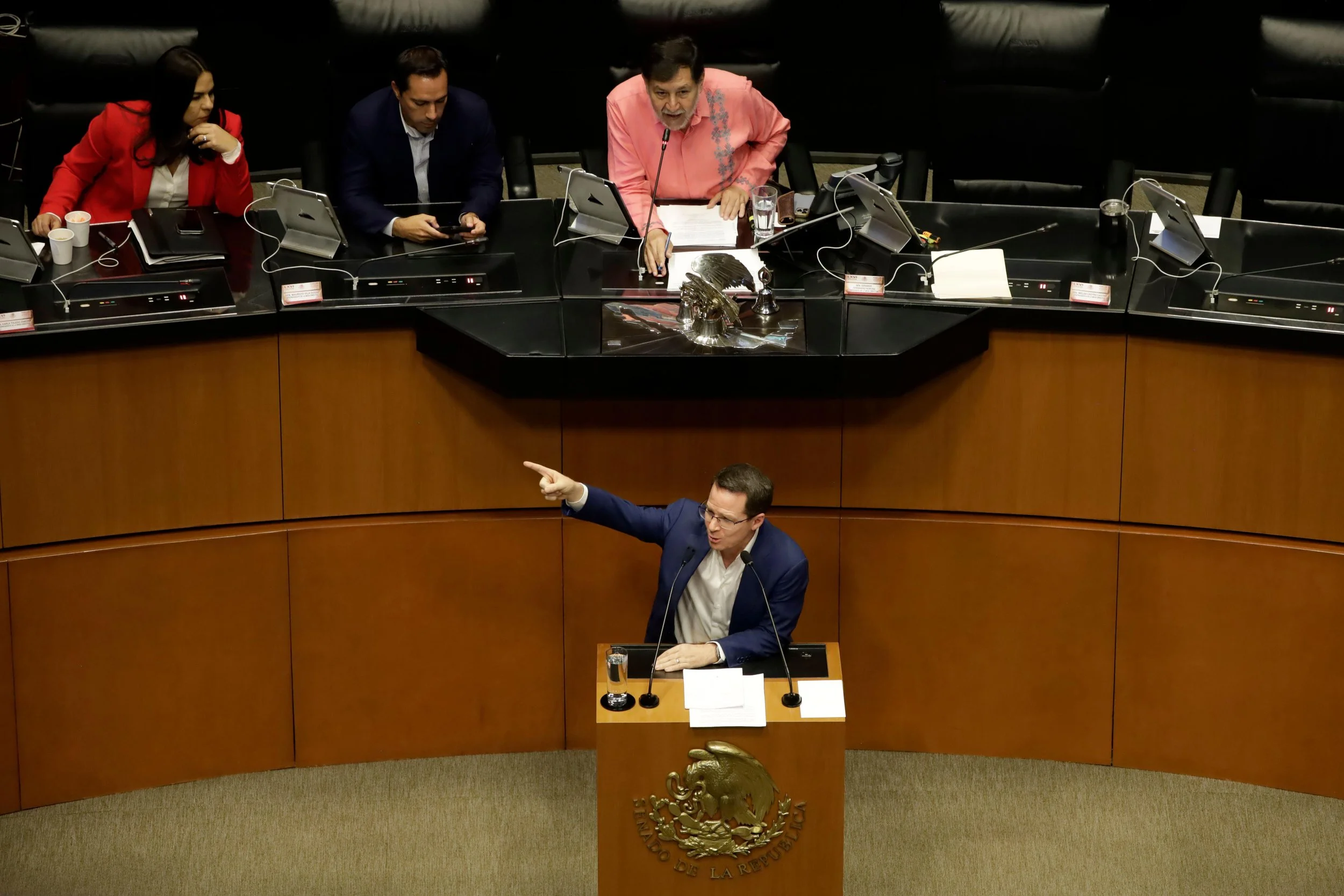Mexico’s electoral reform will close the door on pluralism
by Luis Rubio, political analyst and Chair of México Evalúa.
President Claudia Sheinbaum has announced an electoral reform. Its details have not yet been made public, but its spirit has been clear since the beginning of the year, laid out through a series of official statements. What motivates this initiative is radically different from the logic that inspired every electoral (or political) reform since 1962, when Mexico introduced the figure of “party deputies” — in other words, opposition representatives — as a way to open space for diverse voices, oxygenate the system, and preserve political stability.
The central question is not what the reform will contain — its intent is already known — but how the two minor allies, the Green Party (PVEM) and the Labor Party (PT), will act. Without their support, passage is impossible.
From 1962 onward, every electoral reform pursued the same purpose: injecting oxygen into the political system. That was the rationale behind the 1978 reform engineered by Jesús Reyes Heroles, which gave legitimacy to left-wing parties such as the Communist Party and the Mexican Workers’ Party. Their numbers were negligible, but their political relevance was not. Reforms in the 1980s sought to level the playing field for the PAN. The landmark 1996 reform created a truly independent electoral authority: the Federal Electoral Institute (INE) and the Electoral Tribunal, as well as public financing for political parties, a key demand of the PRD. These changes paved the way for watershed elections: Cuauhtémoc Cárdenas’s victory in Mexico City in 1997 and Vicente Fox’s win in the 2000 presidential race. Unlike in many countries, Mexico built a permanent, independent electoral apparatus — costly, yes, but what José Woldenberg, INE’s first president, called “the price of distrust.”
By contrast, the current government’s proposed reform has two official goals and one unstated one. Officially, it seeks to reduce the cost of elections and cut public funding to political parties. In practice, its aim is to eliminate party financing altogether and return the administration of elections to the federal government — thereby securing Morena’s hold on power indefinitely. This pattern mirrors what has happened to other autonomous institutions, such as the competition and transparency commissions, steadily absorbed back into government control.
Sheinbaum has appointed a commission — composed entirely of government and Morena members — to draft the bill, slated for introduction in the February 2026 legislative session. Among her stated goals: abolishing reelection for legislators and mayors; prohibiting nepotism (already approved, albeit effective in 2030); eliminating proportional representation seats and party lists; and tightening regulations on campaign propaganda and party financing.
The timing is no accident. With Morena now holding a supermajority in both chambers of Congress and governing most states, the opportunity to consolidate control over the electoral process is at hand. The initiative must also be seen in the context of broader efforts to regulate (i.e., control) media, social networks, and other avenues of expression — longstanding demands of the Mexican left, once championed by the PRD.
The risks are twofold. First are the obvious ones: dismantling the professional, independent management of elections and returning to the post-electoral conflicts of the 1980s; weakening the opposition by starving it of resources; and politicizing every electoral decision.
The second, and more profound, risk is the effective disenfranchisement of 45% of the electorate — the share of Mexicans who in 2024 voted for parties other than Morena. The precedent is instructive: the 1978 reform incorporated only a few thousand leftist militants, but their inclusion helped resolve a source of chronic conflict. That reform’s importance was political, not numerical. By contrast, Morena’s proposal would exclude nearly half the citizenry, transforming dissent into a pressure cooker of instability.
That said, the government may not have the votes it needs. The PVEM and PT owe their very survival to proportional representation and public financing. These parties could demand carve-outs, but their interests remain a formidable obstacle.
In principle, citizens themselves would block such a reform through mobilization. But in today’s reality — where social benefits are exchanged for loyalty to Morena — that scenario is unlikely.
This initiative is different from others. It could fundamentally alter Mexico’s political landscape by closing formal avenues of participation and channeling discontent into violent or extra-institutional forms. That is what gives it such extraordinary weight.


